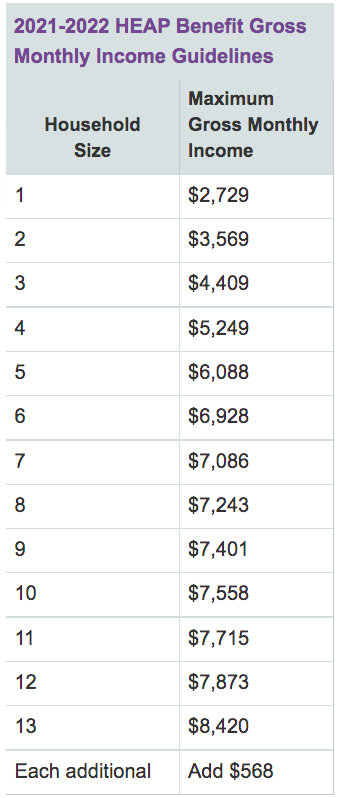(White Plains, NY) — Together with advocates and stakeholders from the Greenburgh, Mount Kisco, New Rochelle, Ossining, Peekskill, Port Chester and Yonkers communities, County Executive George Latimer announced seven Mobile Crisis Response Teams (MCRT) in Westchester. The teams, which are co-located with the local police departments, have the responsibility of providing 24-hour mobile behavioral health crisis support when responding to emergencies. The MCRT program was a recommendation of Project Alliance, a task force created by Latimer in 2021 to help re-imagine policing in Westchester. Law enforcement training to help police effectively deescalate situations involving people with behavioral health challenges was determined a top priority, and as a result the MCRT program was formed. Now, the MCRT program is being implemented throughout the County with the Port Chester Police Department serving as the first host site.
***MEDIA ADVISORY***
Thursday, May 26 2 p.m. Port Chester Police Department 350 North Main Street Port Chester, NY 10573
**Press Event will be Streamed LIVE on Facebook** https://www.facebook.com/westchestergov/
Latimer said: “Every emergency, every 911 call, is different. When our police respond to an emergency and it is clear that someone is struggling with a mental health issue, we want them to be armed with the tools that they need to prevent a serious crisis before it occurs. The Mobile Crisis Response Teams are designed to provide 24hour, seven-day a week support to every community in Westchester, to make sure that police, EMTs and dispatchers have the appropriate resources to help people. Whenever possible, a mental health crisis should receive a mental health response, and that is exactly what the MCRT program does.”
Under Latimer’s leadership, the Westchester County Departments of Community Mental Health, Public Safety, Emergency Services and Social Services are instituting the recommendations of Project Alliance to help people manage behavioral health issues in the community. Through seven host police departments, teams are providing mental health crisis coverage to the following Westchester County communities:
Greenburgh PD Host Site Covers:
Ardsley PD Dobbs Ferry PD Elmsford PD Hastings-on-Hudson PD Irvington PD Tarrytown PD White Plains PD Agency: MHA of Westchester
Mount Kisco PD Host Site Covers: Westchester County Police
Bedford Hills PD Lewisboro PD New Castle PD North Castle PD North Salem PD Pound Ridge PD Somers PD NY State Police Agency: MHA of Westchester
New Rochelle Host Site Covers:
Bronxville Eastchester Mount Vernon Pelham Scarsdale Tuckahoe Agency: The Guidance Center of Westchester/Expanded team
Ossining PD Host Site Covers:
Mount Pleasant PD Pleasantville PD Sleepy Hollow PD Briarcliff Manor PD Agency: Family Services of Westchester
Peekskill PD Host Site Covers:
Buchanan PD Cortlandt PD Croton on Hudson PD Yorktown PD Westchester County PD
NY State Police PD Agency: Westchester Jewish Community Services
Port Chester PD Host Site Covers:
Harrison PD Larchmont PD Rye PD Rye Brook PD Village of Mamaroneck PD Town of Mamaroneck PD SUNY Purchase Police PD Agency: Family Services of Westchester
Yonkers PD Host Site and Expanded Team Agency: PEOPLE USA Inc.
Commissioner of the Westchester County Department of Community Mental Health Michael Orth said: “This is a significant success in County Executive Latimer’s Project Alliance Initiative. Our local police departments now have direct access to MCRT to respond immediately to residents experiencing a behavioral health crisis. The Mobile Crisis Response Teams will help to engage individuals, address their needs, and connect them to appropriate services and supports. We are greatly appreciative of the County Departments of Public Safety and Emergency Services, local municipalities and law enforcement, and our community partners for their collaboration in developing a crisis system that will provide the right level of service for any person experiencing crisis in the most expeditious way possible.”
Public Safety Commissioner Thomas A. Gleason said: “The ability to have mental health professionals respond with police officers will help ensure the best and safest outcome when someone is in crisis. These are always challenging incidents and we look forward to working in partnership with Project Alliance to de-escalate these encounters and get people the help they need.”
Commissioner of the Westchester County Department of Social Services Leonard Townes said: “Project Alliance partnerships like these are essential to the safety and well-being of Westchester residents, and draw upon the expertise of public and private agencies including Mental Health, Emergency Services, County and local law enforcement, Social Services, and community providers to respond to the needs of residents and collaborate on necessary services.”
Port Chester Police Chief Charles Nielsen said: “Port Chester PD is excited to be able to host this very important program. With this added level of support when responding to a person in crisis, our officers will be able to use both their training and the training of the MCRT to get the person the treatment that is warranted. This program is another tool to use in this ever-challenging world we live in, and it’s the Department’s hope that there will be many success stories through the MCRT program.”
Executive Vice President of Clinical Services for Family Services of Westchester Karen Fink said: “Family Services of Westchester is very excited to be a part of this innovative initiative that will help individuals experiencing a mental health and/or substance use crisis get the proper support and treatment they need. This model will significantly add to our ability to reach those in crisis, and our team of mental health clinicians and peers, as first responders, will help de-escalate and build rapport so that individuals can be connected to appropriate services to ensure they receive the best possible care.”





